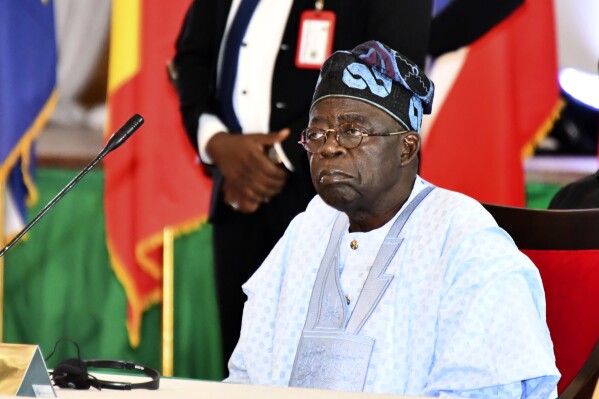The Nigerian government has reiterated its unwavering commitment to fostering peace and stability in West Africa, amidst growing political tensions with Niger. Minister of Foreign Affairs, Yusuf Tuggar, emphasized this stance during a Nigerian Television Authority (NTA) broadcast, advocating dialogue as the key to resolving disputes and ensuring long-term stability in the region.
Tuggar reassured Niger of Nigeria’s respect for its sovereignty and security, highlighting the historical and cultural ties binding the two nations. As neighbours and ECOWAS members, both countries share a symbiotic relationship marked by trade, cultural exchange, and mutual security efforts.
The Minister called on Niger’s leaders to engage in constructive dialogue, urging regional and global partners to support reconciliation rather than fuel divisions. Tuggar further noted that Nigeria’s approach reflects its role as a mediator and leader in promoting West African stability.

Recent tensions were sparked by accusations from Abdourahman Tchiani, President of Niger’s National Council, alleging that Nigeria colluded with foreign powers to destabilize Niger. These claims included accusations of Nigerian involvement in sabotaging the Niger-Benin oil pipeline.
Nigeria swiftly dismissed the allegations. Minister of Information and National Orientation, Mohammed Idris, described the accusations as baseless, reaffirming Nigeria’s longstanding support for Niger’s economic development through initiatives like the Trans-Saharan Gas Pipeline and the Kano-Maradi Railway Project.
Idris rejected suggestions of sabotage, stating that no Nigerian territory has been ceded for subversive activities against Niger. He reaffirmed Nigeria’s dedication to fostering cooperation within the ECOWAS framework and advancing mutual development goals.
Observers see Nigeria’s diplomatic approach as vital in easing tensions. The call for dialogue shows the country’s influence in navigating regional crises and its commitment to a peaceful resolution.


